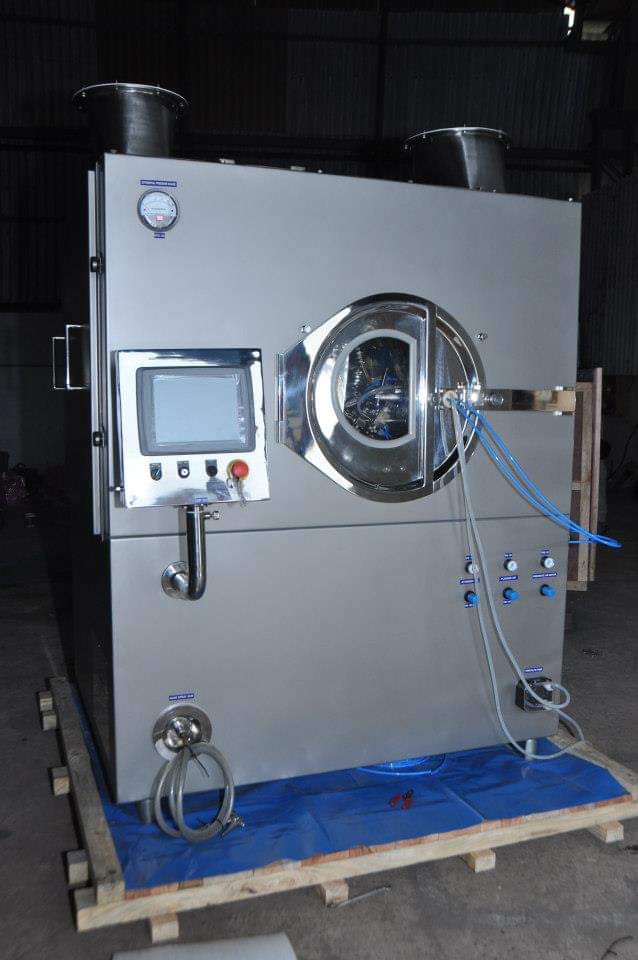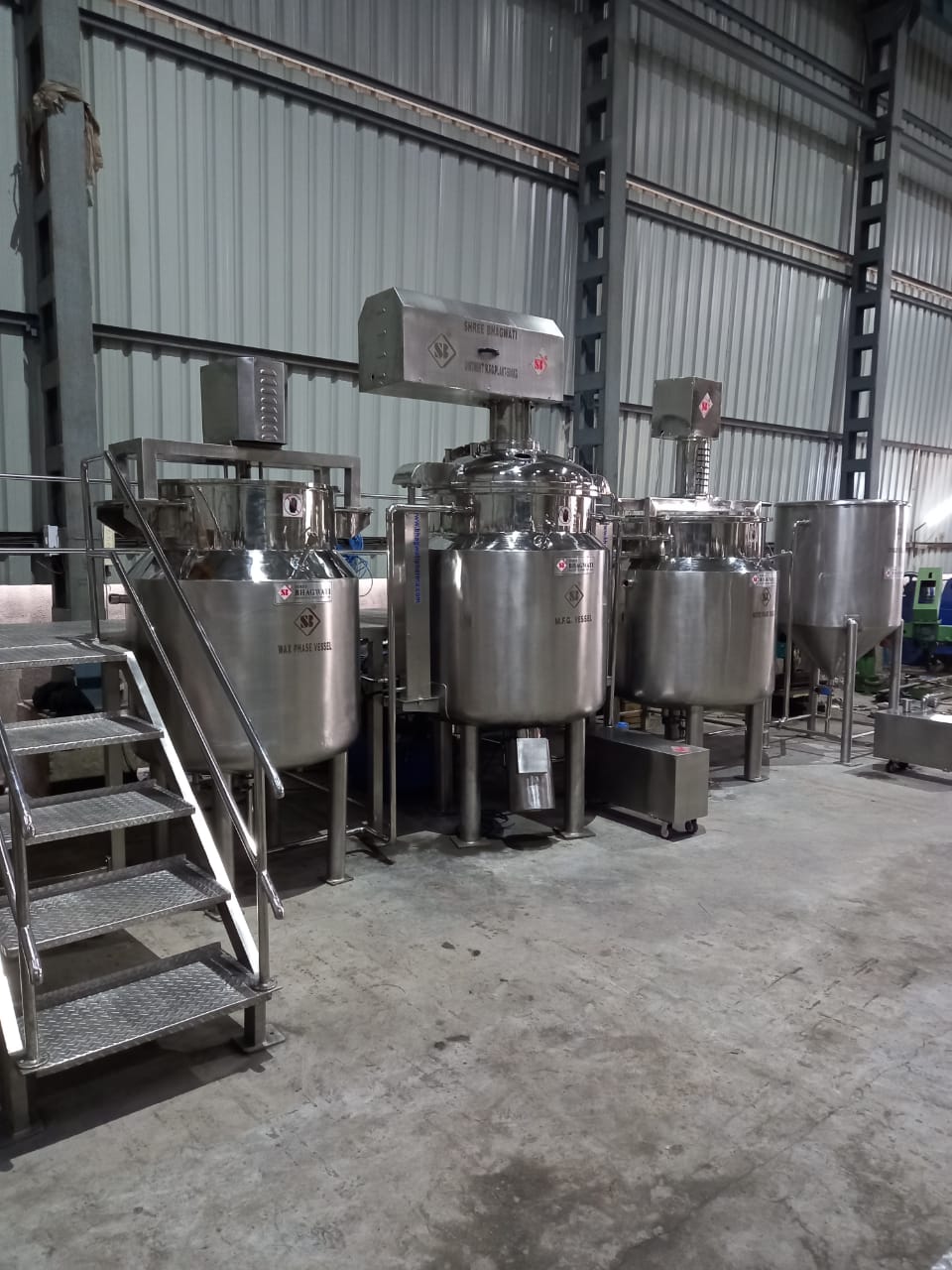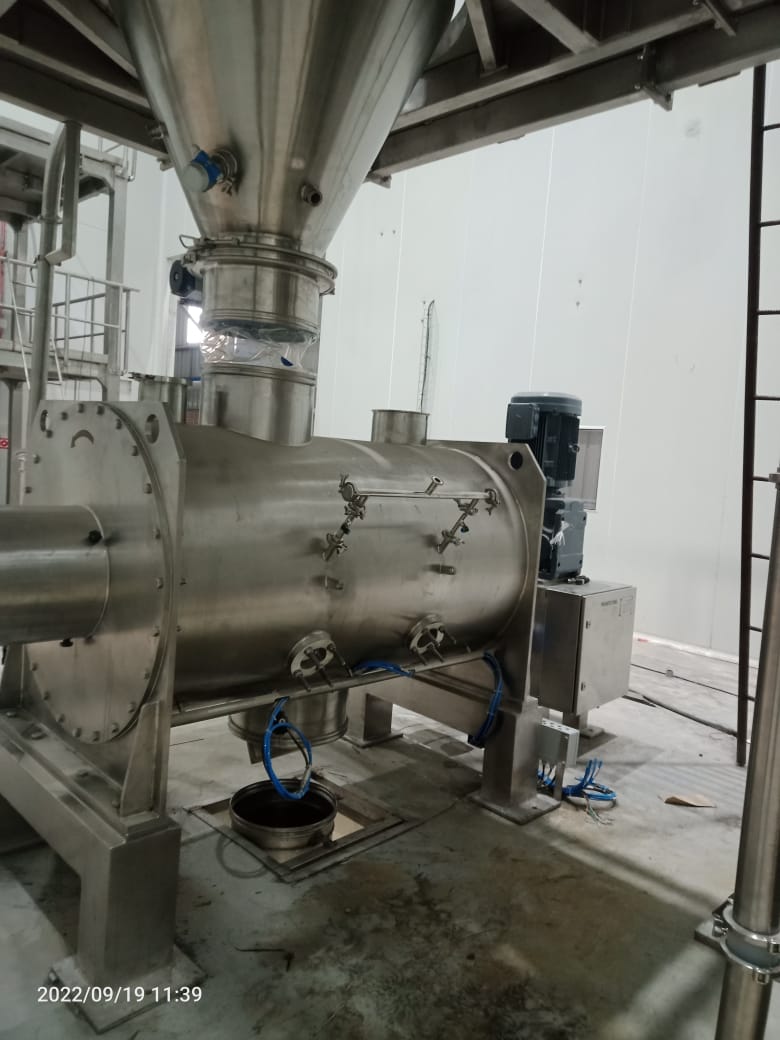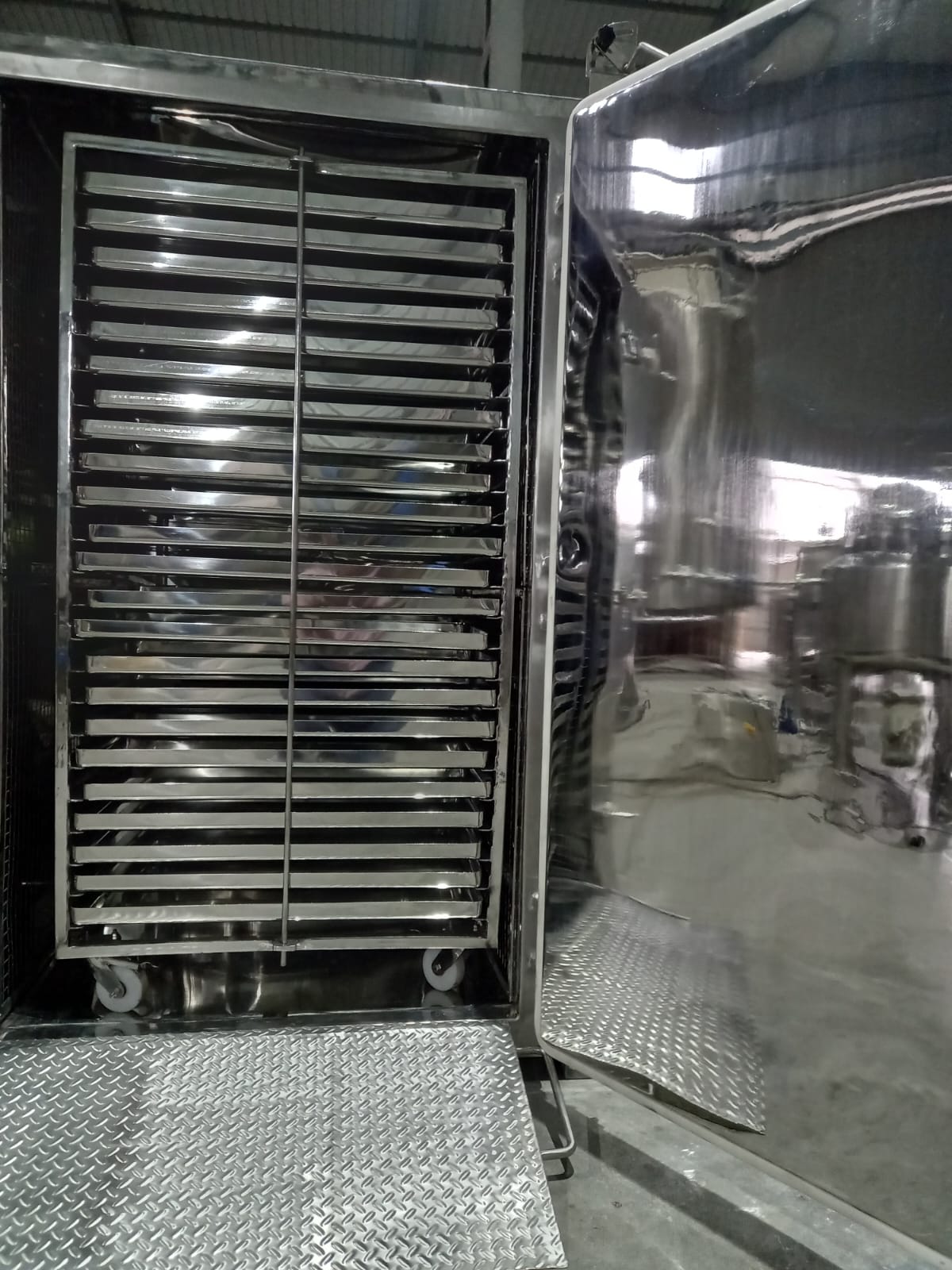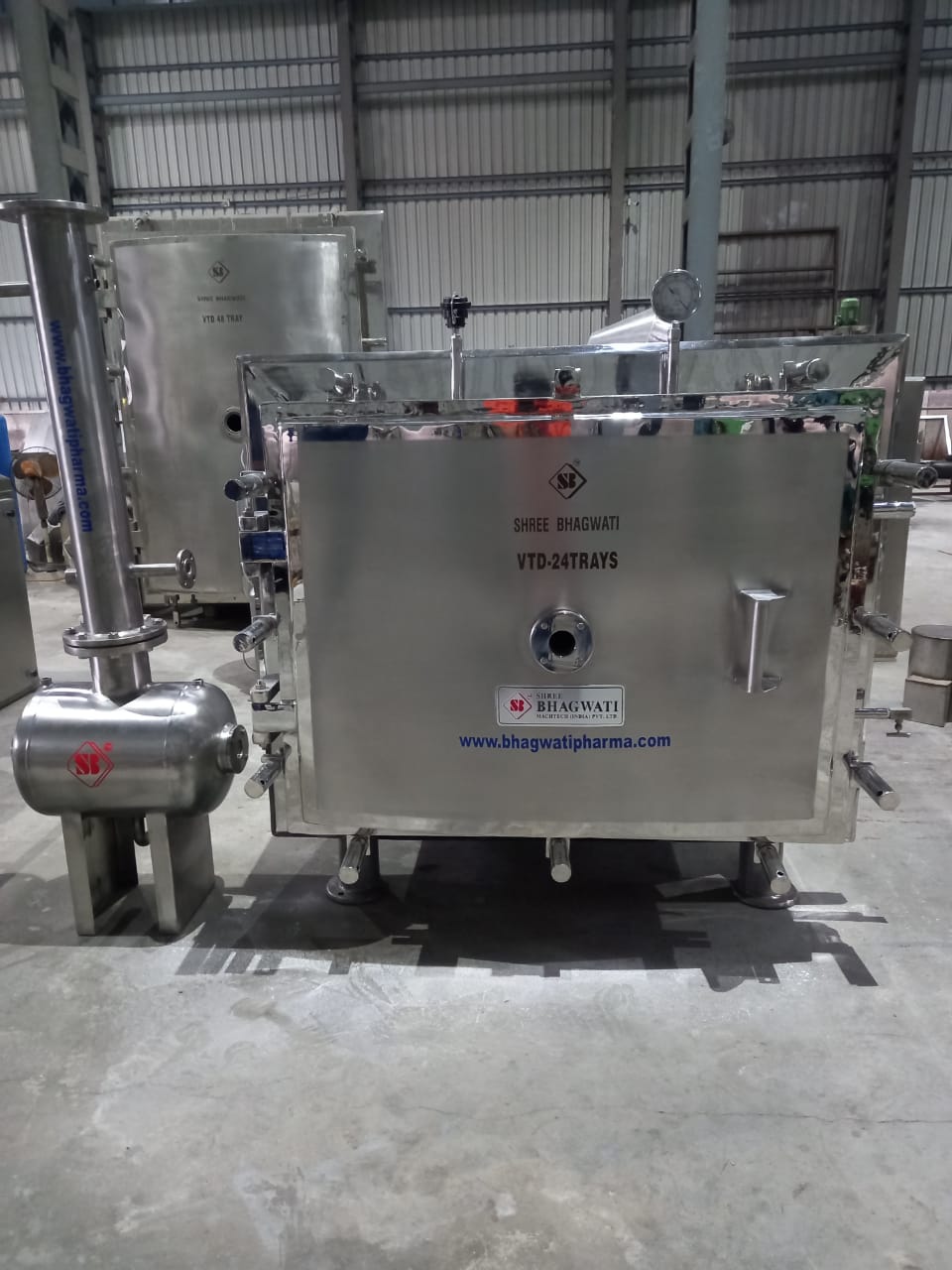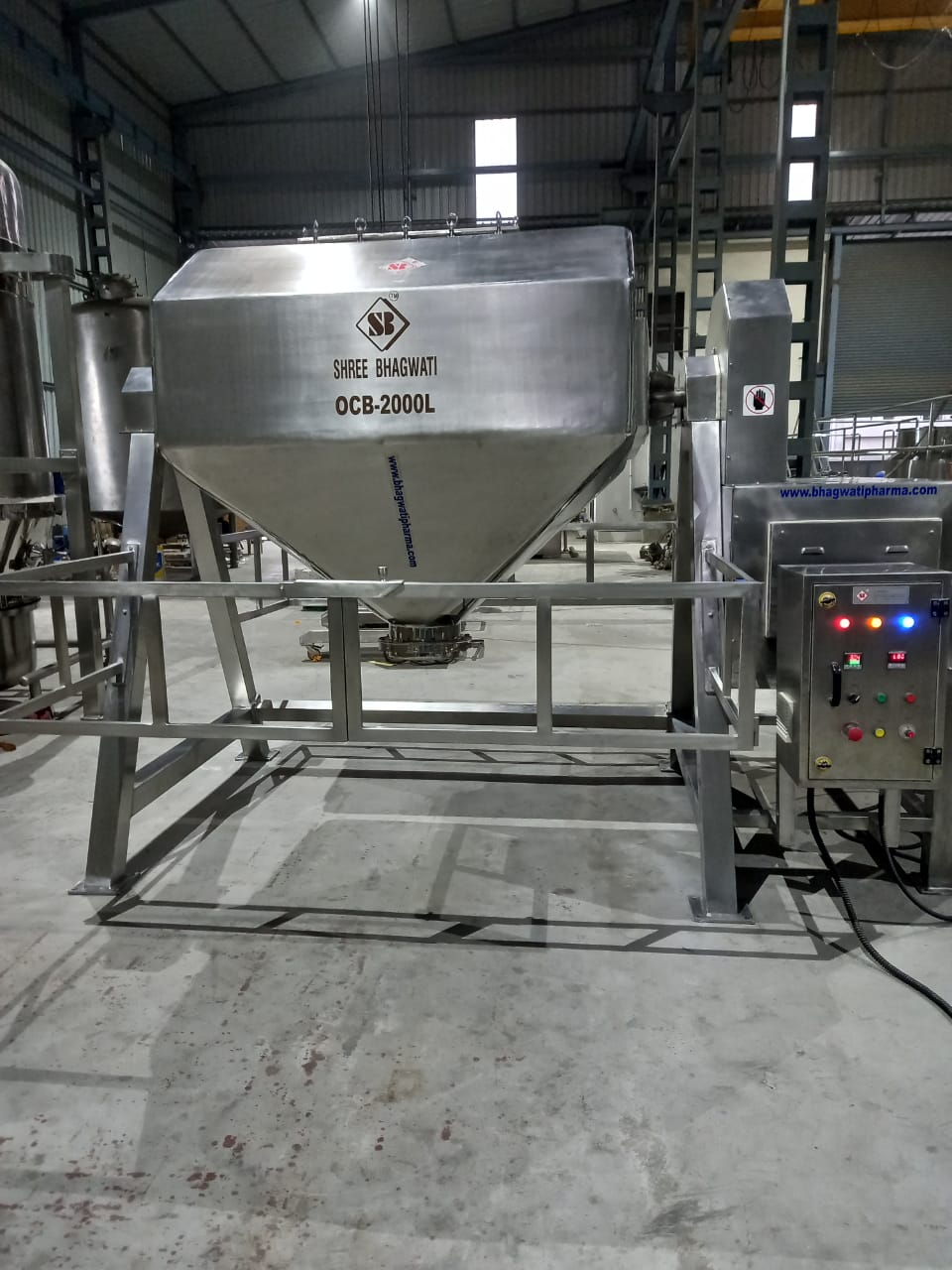Special Process Machines for Chemical and Pharmaceutical Industries
There are a variety of special process machines available in the chemical and pharmaceutical industries. Some of these include Centrifuges, Dryers, and Fermenters. These types of equipment are essential for the production of various types of API. The following article will discuss some of these machines. It will also cover the different types of processes they are used for.
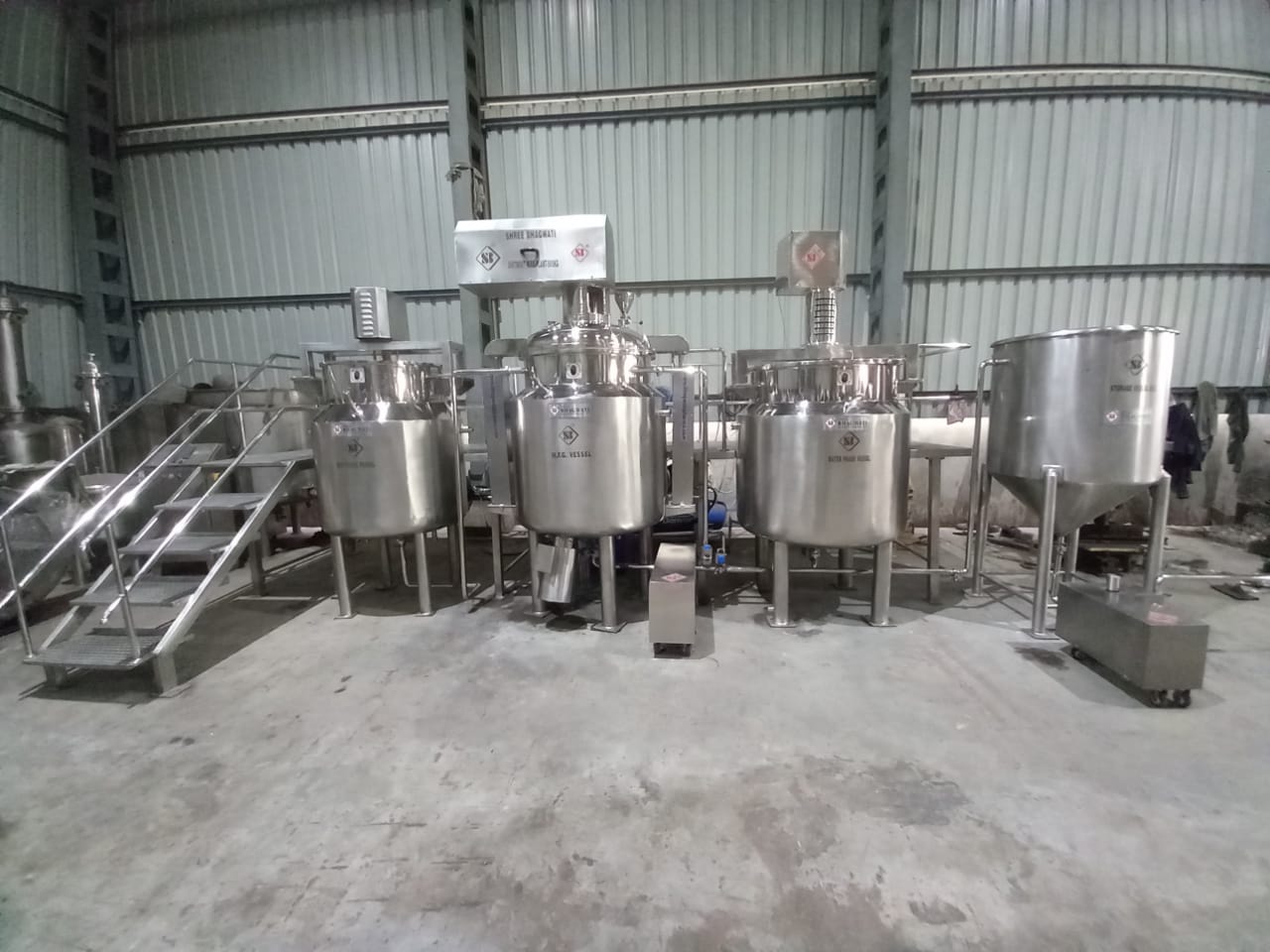
Batch Reactors
Batch reactors are an important part of the process of manufacturing colorants and margarine. Unlike continuous reactors, these units do not require a constant temperature. The temperature of the liquid reacting inside the reactor is controlled by regulating the flow rate through the reactor.
Typically, batch reactors range in size from 500 liters to 16 cubic meters. They are constructed of stainless steel or glass-lined mild steel. They are fitted with manways for easy cleaning and are able to withstand temperatures between -25degC and 160degC. The pressure used in these reactors can be anywhere from full vacuum to 6 atm. Because they can be sensitive to temperature, a temperature control jacket is often fitted on them.
Batch reactors are a great choice for many different kinds of chemical processes. They are commonly used in laboratories where many reactants are required. The main differences between laboratory reactors and industrial batch reactors are in the quantity of reactants. In addition, these units often include sensors to monitor the reaction.
Centrifuges
Centrifuges are used in the chemical and pharmaceutical industries to separate solids from liquid. The process can be performed by mechanical or thermal methods, depending on the material and process. Industrial centrifuges are designed to separate solids with minimal waste, and feature a hermetically sealed design and continuous operation.
These centrifuges are available in a range of sizes and speeds. The typical batch type uses a basket rotating on a vertical shaft that is driven by a motor on the bottom. The rotating basket has a screen or perforated sides and a stationary casing collects the filtrate.
Centrifuges can be used in chemical processing for a wide variety of products. For example, they can be used in the production of bulk drugs and biological products. They are critical in the process because they can remove particles while maintaining optimum quality. Centrifuges must be operated with care to ensure the highest possible levels of purity.
Dryers
Dryers are an important part of the production process for pharmaceutical products. They evaporate the solvent from the API, leaving behind a dry powder. For some pharmaceutical products, this powder is vital for accurate dosage. Different types of dryers are available, depending on the type of pharmaceutical being produced. Fluid bed dryers, tray dryers, rotary dryers, and filter dryers are a few examples.
The most common machine for drying API is the rotary dryer. These machines are highly efficient, resulting in low drying times. They consist of a cylindrical horizontal chamber, often equipped with a cooling and heating jacket. The heating jacket must have a large surface area to volume ratio in order to maximize heat transfer.
Other types of special process machines are available, including batch reactors. These reactors range in size from 500 liters to 16 cubic meters. They are typically made of stainless steel or glass-lined mild steel. They are equipped with manways for easy cleaning and can operate in temperatures from -25degC to 160degC. They are also capable of working at pressures ranging from full vacuum to 6 atm. They can also be fitted with an external jacket for temperature control.
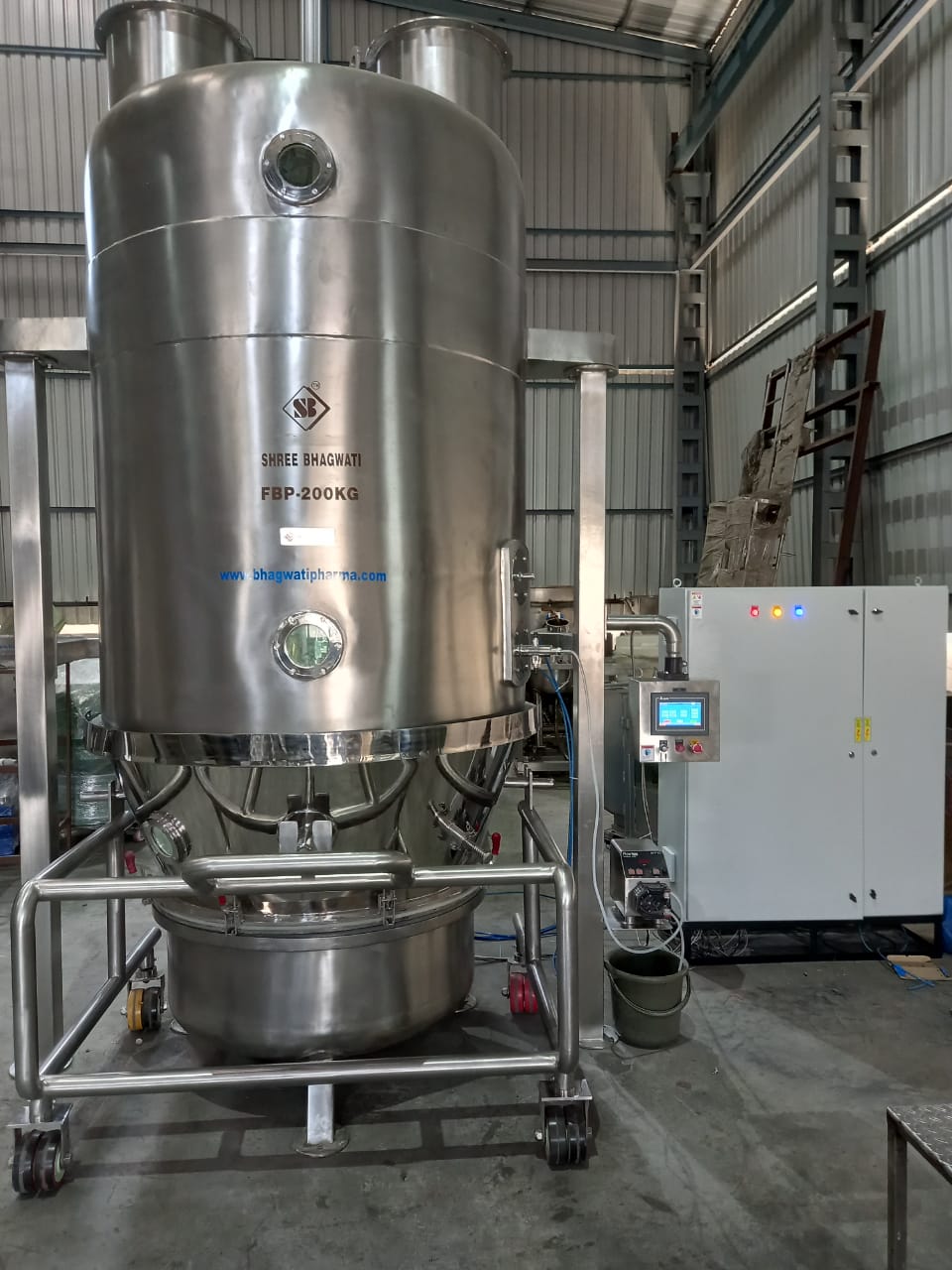
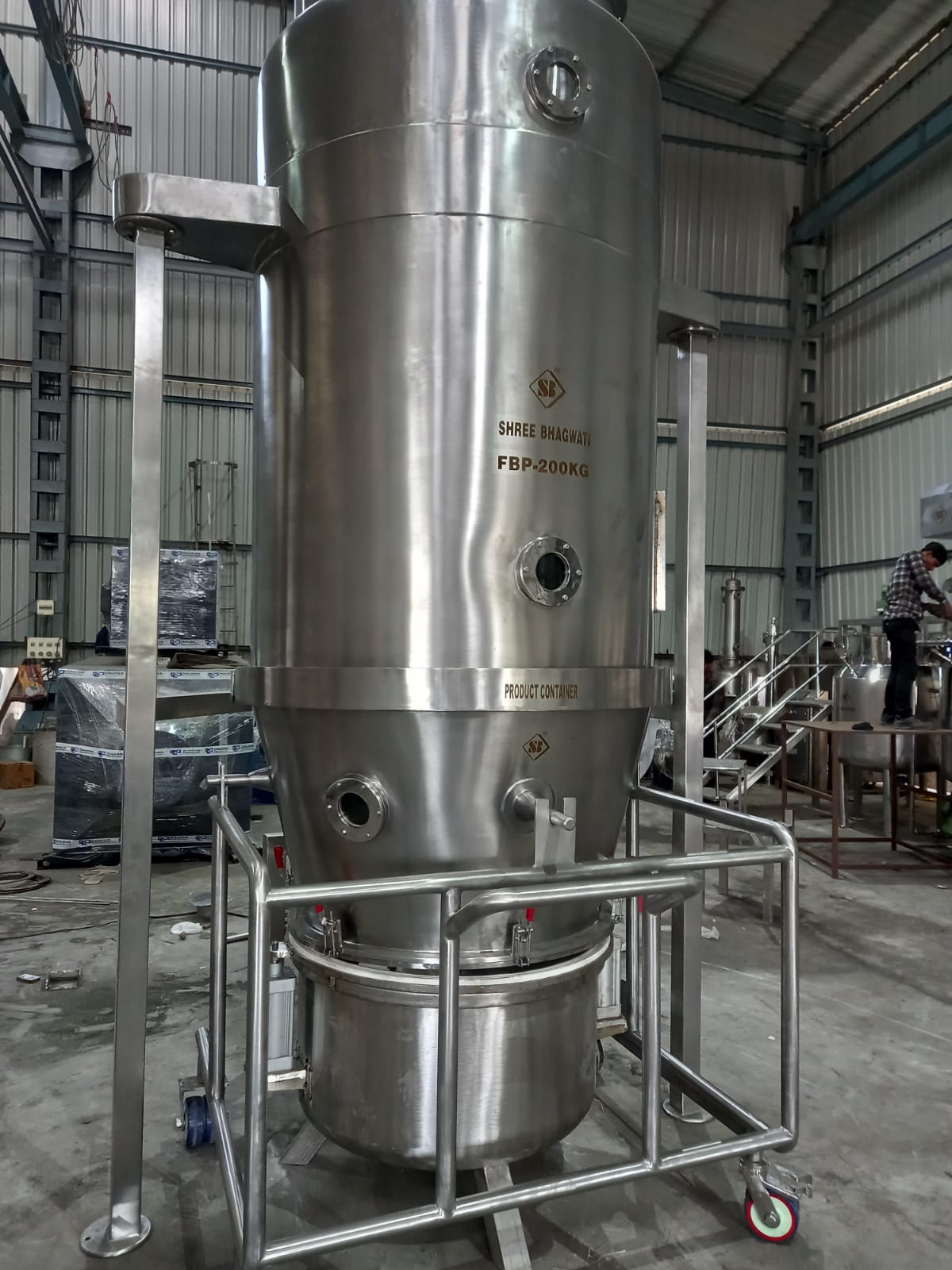
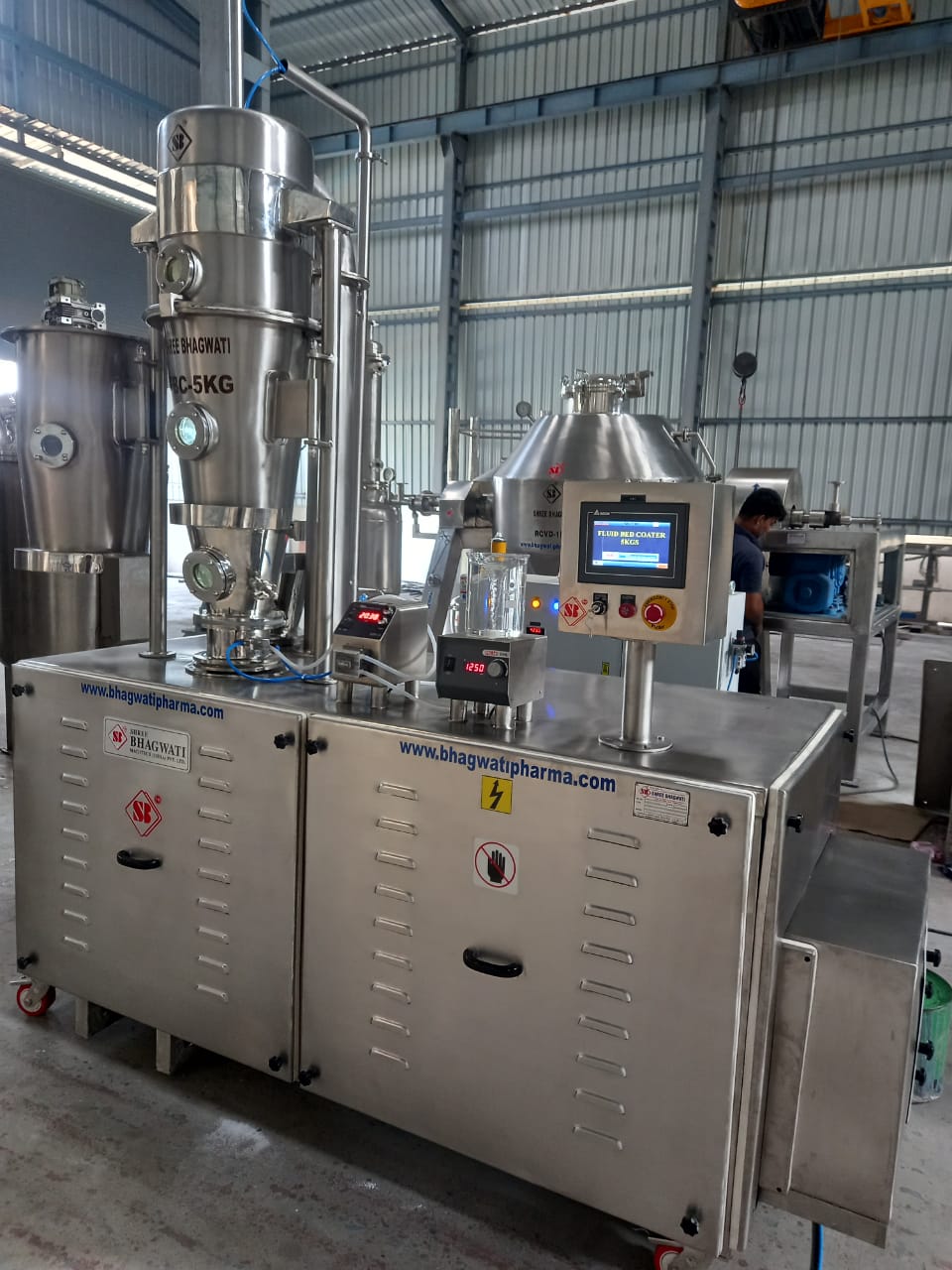
Fermenters
Fermentation-based production of active pharmaceutical ingredients (APIs) is a growing market for biopharmaceutical companies. With price pressures, intensified competition, and decreased exclusivity, manufacturers of APIs must innovate to meet these challenges while improving their performance and reducing costs. Today, the market for fermentation-derived APIs is a $55 billion industry, and the growing popularity of biologic drugs is making fermentation even more important.
The fermentation process has a number of advantages, including the ability to use enzymes as a special starting material. It also facilitates comprehensive quality control. Fermented APIs have lower costs than their synthetic counterparts. However, the fermentation process can produce byproducts, such as enzyme or tissue residues, which researchers must treat.
Fermentation is the only route to producing chemical APIs that relies on microorganisms. The process is unique to the biopharmaceutical industry, as there are no equivalents in mammalian cells. For example, fungi can produce antibiotics and secondary metabolites, while gram negative bacteria produce lipid A that serves as an adjuvant.
SHREE BHAGWATI Group is a leading supplier of special process machines for the pharmaceutical, Chemical-API, cosmetic, foods industry and always focuses on finding the optimum solution for its customers.
Our twenty five years of partnership have been based on high quality, safe and environmentally-friendly machines and method with proven reliability, we design and manufactures the technologies.
All around the globe, customers rely on the quality and performance of SHREE BHAGWATI Group’s supply to obtain efficient, reliable, profitable and safe chemical process systems.
SHREE BHAGWATI has 3 global manufacturing facilities and 2 more unit under construction.
